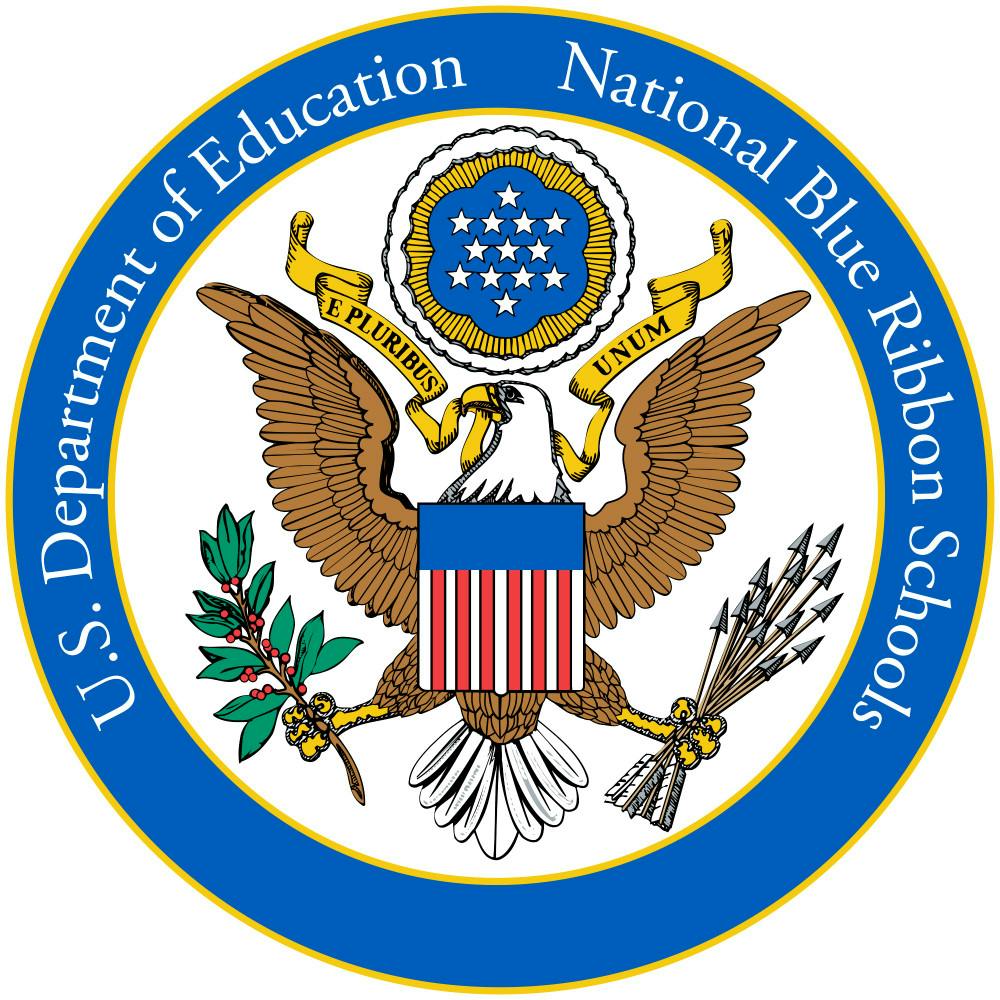Three Rhode Island public schools — two elementary schools and one middle school — were among the 285 public and 50 private schools recognized by the U.S. Department of Education as National Blue Ribbon Schools for 2015. The honor recipients were announced by U.S. Secretary of Education Arne Duncan in late September.
Archie R. Cole Middle School in East Greenwich and Nayatt School in Barrington, which serves students from kindergarten through third grade, were named as Exemplary High Performing Schools for having successful student bodies both as an aggregate and within various subgroups based on state assessments, said Elliot Krieger, public information officer at the Rhode Island Department of Education.
Francis J. Varieur Elementary School in Pawtucket was recognized as an Exemplary Achievement Gap Closing School for making significant progress in narrowing the achievement gaps between their overall student performance and that of various demographic groups.
“We don’t have this many (Blue Ribbon Schools) every year necessarily, so it was great to have three,” Krieger added.
“It’s a huge honor to be recognized,” said Tracey Whitehead, principal of Nayatt School, noting that Nayatt joins previous Blue Ribbon recipients Barrington Middle School and Barrington High School.
“When I first started here, Nayatt School was categorized under the Rhode Island Accountability System as a typical school,” Whitehead said. Over three years, Whitehead said she and her colleagues have worked to create a professional learning community, where teachers “get together and problem solve … and work together for consistency in the implementation of our curriculum and in our assessments.” Funding from the Department of Education’s Race to the Top grant program has enabled faculty members and administrators at Nayatt to participate in a variety of training programs. “We’ve become very adept at looking at our school data and at meeting the needs of each child,” she added.
At Archie Cole, a culture of kindness and respect is the key to success, said Principal Alexis Meyer. “There is a value in positive healthy relationships, and it is those relationships among the faculty, staff, parents and the larger school community that allow for a culture that breeds excellence,” she added.
To foster these individualized bonds, students are placed into “teams” of approximately 100 students overseen by five teachers. Those teachers meet four times per week for common planning to discuss the social, emotional and academic progress of their students.
“The last thing I say everyday to the kids on the morning announcements is ‘Remember to be kind to one another.’ It seems very simple, but it’s a powerful statement,” Meyer added.
At the Varieur School, 72 percent of students come from economically disadvantaged backgrounds, according to the National Blue Ribbon Schools’ website. “The knowledge that everybody is responsible for their own success” has led to a narrowing of the school’s academic achievement gaps as assessed by New England Common Assessment Program exam scores, said Edna Coia, the school’s former principal of four years. She transferred to Elizabeth Baldwin Elementary School in Pawtucket this fall.
“From the time that they came to the building, I told the parents, the students and the staff that everybody has their responsibility, and we have to do it to the best of our ability not only in academics but also behavior,” Coia said.
Teachers come in early and stay late at Varieur School, to offer additional support programs for struggling students, Coia said, adding that the school is open throughout the summer to help students complete their summer work and ensure that they have access to computers.
“The achievement gap at Baldwin is not nearly as narrow,” Coia said of the elementary school at which she now works. Coia was transferred to Baldwin — which has a similar demographic profile as Varieur School — in hopes that she will be able to effect positive change, she said.
Honors such as the Blue Ribbon are “very important because too often teachers and principals in public schools are not being recognized for their good work,” said Kenneth Wong, professor of education and chair of the department. “It is … a way to recognize the schools’ accomplishments as well as give additional incentives for the educators in those schools to continue to do the work that they are doing.”
It is important to provide opportunities for educators from successful schools, such as this year’s Blue Ribbon honor recipients, to share ideas with others, Wong said.
Meyer, who sits on the executive board of the Rhode Island Association of School Principals, said that there are always ongoing opportunities for school principals to engage and collaborate with each other.
But Krieger said that there is not currently a formal way in which Blue Ribbon schools share their methodologies with other schools.
“It’s not just school-to-school exchange. It has to be identifying functional or theme-based areas, where the more effective schools can share with their peers on that particular topic,” Wong added. Universities can also play a role by organizing some of these professional exchange conferences, Wong said.





